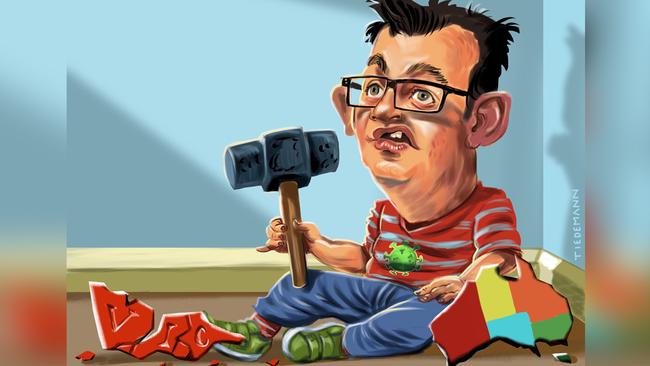
Andrews has said the list is a work in progress, which is hopefully the case, but the process itself has created confusion and in the process hit confidence.
Business leaders will be spending the next few days working through exactly what the changes mean to their sectors and then negotiating amendments with the government.
The bottom line is it is a mess and for most it is a big negative.
According to some estimates it will reduce national GDP this quarter by 3 per cent, with the state’s output to be cut by as much as 15 per cent. The impact on confidence and long-term employment in the state remains to be seen.
AIG’s local boss Tim Piper said the steel and plastics closures, if not clarified, could leave large holes in the state’s output.
Piper noted: “This is a significant hit to the Victorian economy.”
Wesfarmers boss Rob Scott will also be seeking major changes to the list, which presently restricts his Bunnings, Officeworks, Kmart and Target stores to trade and online delivery.
Scott, who endured a similar lockdown in New Zealand, noted the difference was that it came at the beginning of the outbreak, not six months in, and said it could have an enormous impact on consumers.
Bunnings and Officeworks both service the trade and professional sectors.
Few businesspeople contacted yesterday doubted the need to get control of COVID-19 but the frustration was evident, given the Premier was formerly the state health minister.
He plainly left that cupboard bare and now is attempting to get back control of the pandemic after his government’s own errors let the second wave run free.
A bob each way
Tabcorp’s David Attenborough joined the writedown party on Monday, slashing the value of his assets by 34 per cent or $1bn, blaming in large part the impact of COVID-19.
This will be a familiar story this earnings season but investors should be wary, as the Tabcorp reaction neatly suggests.
The stock closed down 1.7 per cent at $3.50 a share, having fallen as low as $3.34 in early trade.
The reason for the bounce was simply that the profit number suggested by Attenborough was ahead of consensus at around $270m against market tips of $260m.
The number is, however, down 32 per cent from the year-ago profit of $396m, and at an earnings before interest, tax, depreciation and amortisation level down 15 per cent.
In his statement Attenborough talked of the uncertainty and the direct impact of COVID-19 along with the restructuring already happening within the company.
The latter is in large part because the company’s retail outlets are shut, and in Victoria at least remain so, as are the outlets in pubs and clubs. If someone can’t place a $10 bet at the TAB they will go online, but in doing so they may well choose a competitor which means the business is lost.
COVID-19 has fast-forwarded the switch away from physical locations to online, with the mix now around 50-50 against 90-10 a decade ago.
This is the business risk facing Tabcorp.
The question then, is can we blame COVID-19 or was this going to happen anyway?
It’s not all bad, either, because online sales don’t require commission payments to the pub or club where the outlet was placed.
In this case the real loser is the pub.
The answer to the question is yes, it was going to happen anyway, but COVID-19 has accelerated the trend.
House bank UBS has noted in recent reports that 80 per cent of costs are a combination of gaming taxes and commissions.
The latter are reduced in the switch to digital, and in any case it argues within three years 65 per cent of earnings will come from lotteries, up from 50 per cent today.
On a sum of the parts analysis, lotteries at 16.9 times earnings are worth $8.9bn, wagering at 8.9 times is worth $4.3bn and gaming services at 5.8 times is around $733m.
Luckily for Attenborough over half his earnings come from his lottery business, and growing, in an industry in which he just happens to have a monopoly.
The $11bn Tatts deal in 2007 has proved itself.
The huge writedown was certainly prompted by COVID-19 but the impacts cited were going to happen anyway.
From a management perspective 2020 is a write-off so it makes sense to throw the kitchen sink at valuations.
This has the happy result of making last year’s numbers bad with the hope of boosting this year’s numbers.
With that increase comes a chance of more executive bonuses after 2020 was a complete washout.
Lower valuations mean lower depreciation charges, which in turn boost profit numbers, which is exactly how things will turn out for Tabcorp.
Unless of course the competition steals its business, which is a tough test for a company so used to being the dominant player in the market.
Seeking dividends
Stockmarket investors are a little nervous, as shown by the fall in Seek’s stock price by 2.3 per cent to $21.18 a share on news that the 3.5c a share dividend expected for the second half will be cancelled.
That will save the company around $58m, but the stock fell in value by $172.9m to leave the market value at $7.7bn.
In the 2019 financial year dividends totalled 46c a share or $162m and in the first half were 13c a share.
The company is doing all the right things, taking short-term debt off the books, meaning no payments are due until 2022, and in Seek-style putting the money into growing the business.
Still the punters want their dividends.
PwC powers ahead
PwC has underlined the trend of the big four accounting firms, reporting revenues at near record levels of $2.6bn for the last financial year.
In interviews in recent weeks both EY and KPMG also reported business was better than feared when COVID-19 hit.
PwC suffered a 4 per cent fall in consulting revenues in the year but assurance grew by 6 per cent, which while at the low end of recent year’s growth was enough to keep the 2020 financial year flat compared to 2019.
EY and KPMG both partially repaid staff for income dropped due to lower working hours after the firms took a gloomier view of the outlook than panned out.


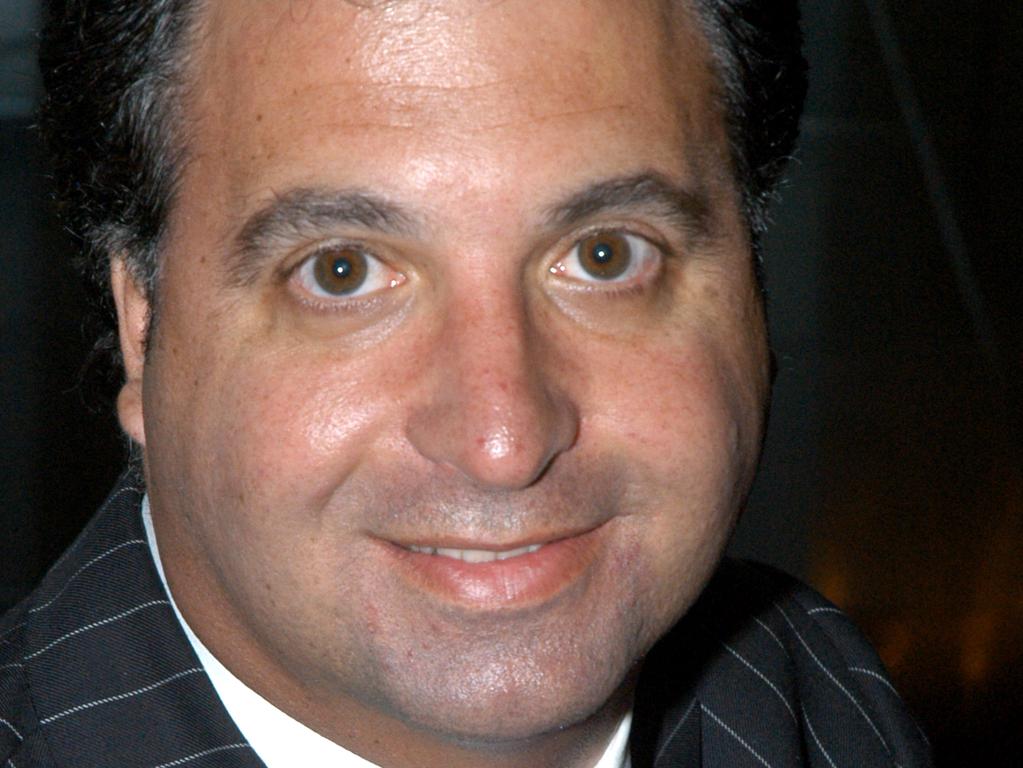
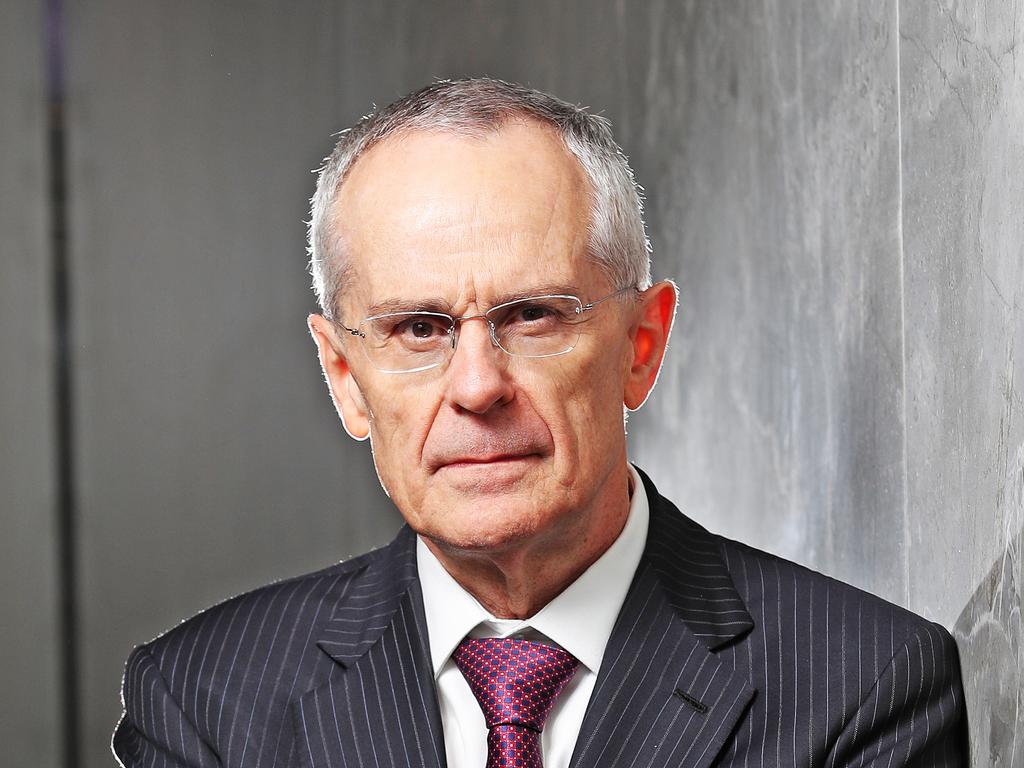
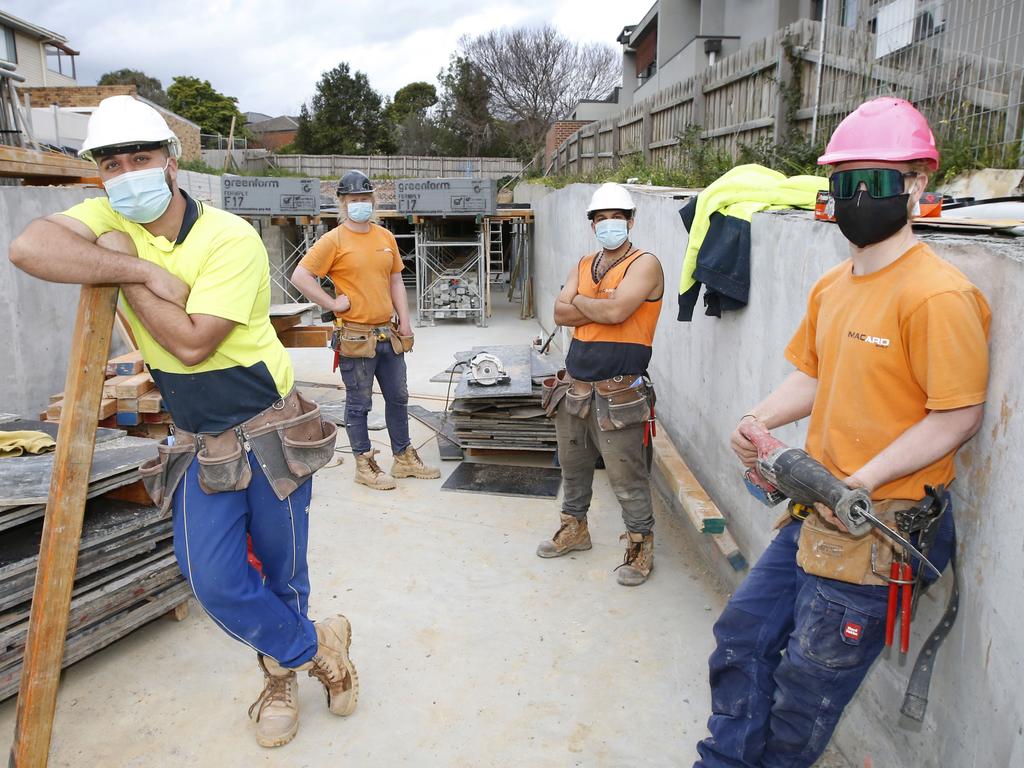
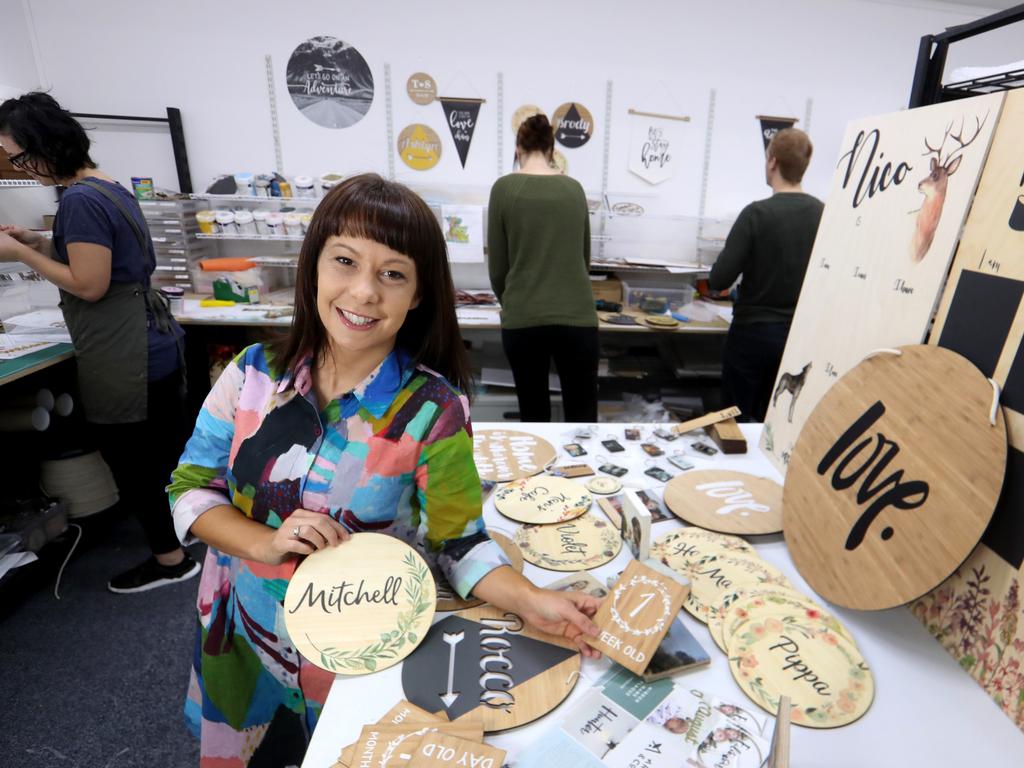


Victorian Premier Dan Andrews has left gaping holes in the national supply chain through his targeted industry closure, with confusion over the status of key suppliers like steel fabricators and some parts of the country’s only PVC producer, Qenos, in doubt.